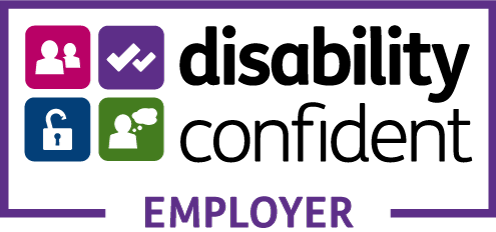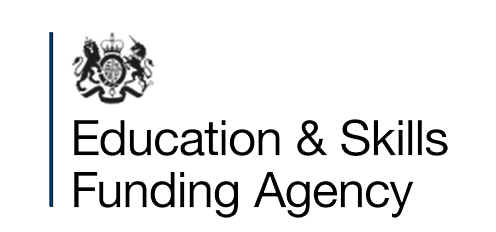WS Training is affiliated and associated with the following organisations:





INTENT:
Learners will follow a curriculum which adapts to the individual learning needs of learners who are working towards level 3. Learners will have opportunities to develop their knowledge, skills, behavior and understanding of workplace expectations. Take part in a variety of workplace experiences which actively promote problem solving, employability skills and responsibility. The main aim of this Apprenticeship is to develop the skills learners need to engage to progress further in work or access higher level learning. Learners will increase their development in areas such as:
QUALIFICATIONS:
Maths Functional Skill Level 2 & English Functional Skill Level 2 End Point Assessment to be completed upon learner reaching Gateway stage, this will consist of: Professional Discussion underpinned by portfolio & project report & questioning
CORE KNOWLEDGE & SKILLS:
Duty 1 Provide technical support Duty 2 Establish and diagnose ICT problems/faults Duty 3 Interpret technical specifications Duty 4 Apply the appropriate security policies Duty 5 Undertake the relevant processes with the relevant tools and technologies to resolve ICT technical issues Duty 6 Communicate with all levels of stakeholders Duty 7 Apply appropriate testing methodologies to hardware or software or cabling assets Duty 8 Practice guided continuous self learning to keep up to date with technological developments to enhance relevant skills and take responsibility for own professional development Duty 9 Document or escalate ICT tasks Your Tutor will explore the best route for your optional units with you
BEHAVIORS:
B1: Works professionally, taking initiative as appropriate and acting with an ethical approach B2: Communicates technical and non-technical information in a variety of situations to support effective working with internal or external stakeholders B3: Demonstrates a productive and organised approach to their work B4: Self-motivated, for example takes responsibility to complete the job.
ASSESSMENT:
Each month you will be expected to learn something new.
COURSE CONTENT:
An Information Communications Technician (ICT) provides support to internal and/or external customers, by using tools or systems to problem solve and trouble-shoot routine and non-routine problems.
This occupation supports clients/customers with their systems. They achieve this through monitoring and maintaining the systems and/or platforms to maximise productivity and user experience.
An ICT could be installing and configuring computer systems,diagnosing hardware and/or software faults, solving technical and applications problems, either remotely or in person. Some examples of these issues are slow performance, connection problems, and an inability to access data.
The work of an ICT involves undertaking a vast array of specialist roles supporting business critical requirements and focus on customer solutions. Networking, Server, IT Essentials, Secure Communications,programming, and databases are just an example of typical tasks and projects undertaken within the likely areas of employment.
In their daily work, an employee in this occupation interacts with a wide variety of internal or external users of digital systems, through digital channels, remotely and/or face to face. An employee in this occupation will be responsible for prioritising systems support tasks as they arise and for monitoring and maintaining system performance.They may work alone or as part of a team but will escalate problems in line with their organisation’s policies and Service Level Agreements.For example, if the task may not be completed on premise, it may have to be referred to an external specialist.
The Support Technician role is desk based resolving system use queries and resolving faults in a help desk environment. For example, a Support Technician in a Travel Agent would use a system to manage their customer bookings and when the system fails it needs rectifying rapidly in order to reduce the financial impact and damage to customer reputation. The business would contact a Support Technician to report the problem and either get it fixed or escalated to an engineer.
WHAT IS THE PROGRESSION?
This standard aligns with the following professional recognition: RITTech for 3
ENTRY & DURATION:
Entry Requirements: The entry requirement for this apprenticeship will be decided by each employer but may typically be five GCSE’s at Grade C or higher.
Duration of Apprenticeship: Typically The apprenticeship will typically take 18 months to complete




